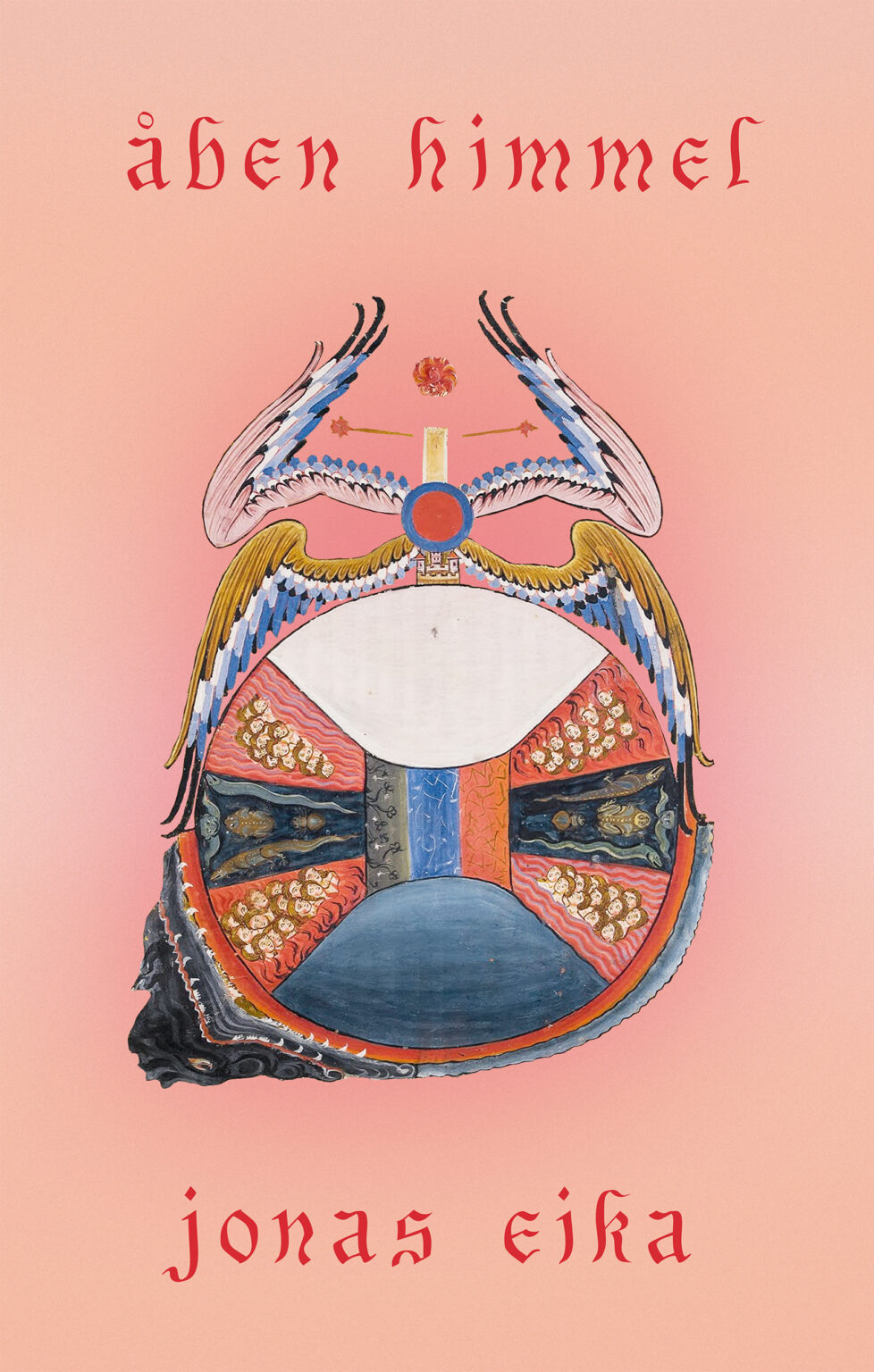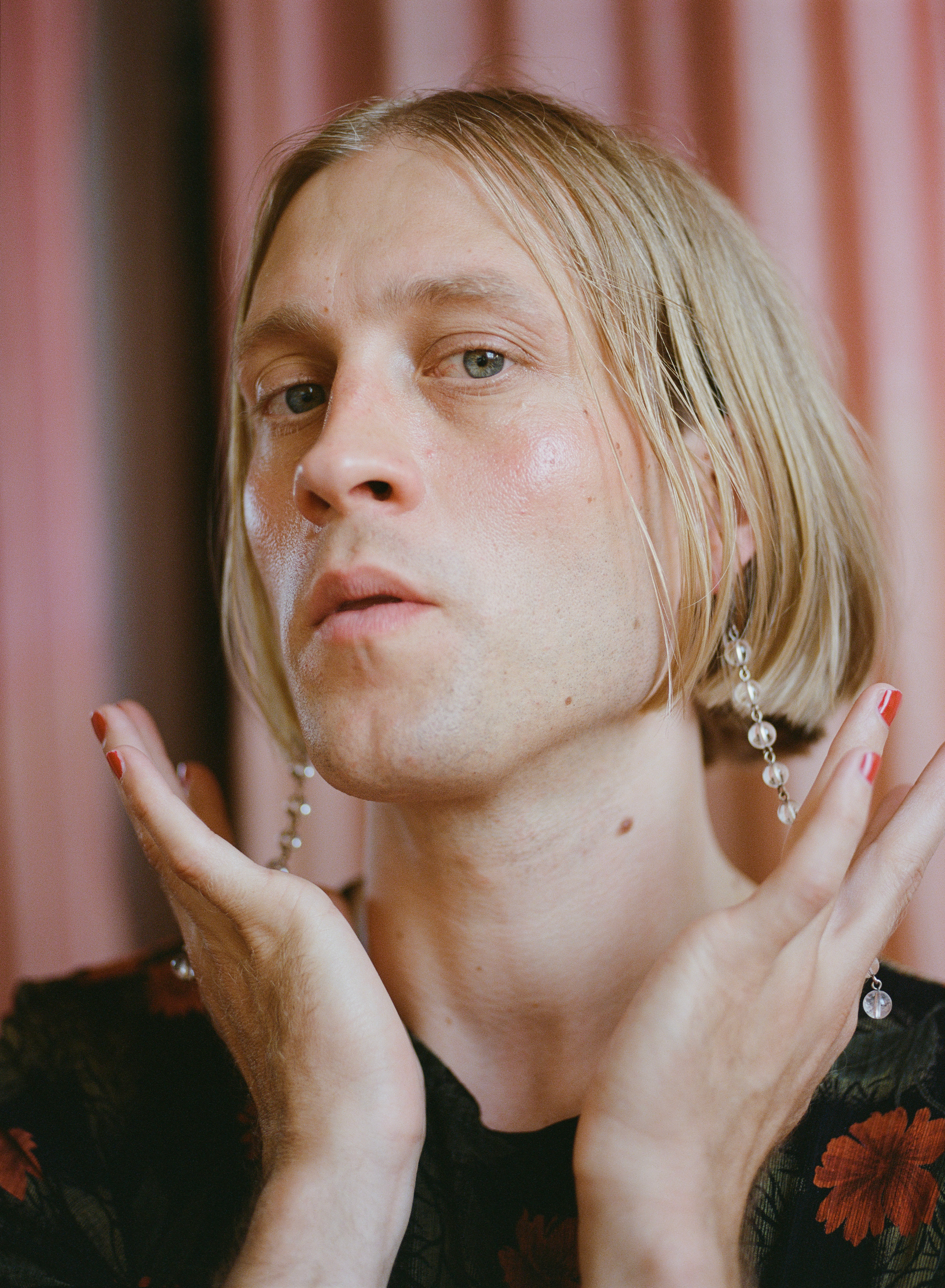Open Heavens (Åben Himmel)

NOMINATED for the Politiken Literature Prize 2024
NOMINATED for the Danish Critics’ Prize 2024
I still ask what the vision is supposed to mean: Jesus and Mary in one, who is neither one nor the other, but both, intertwined. And with a sweat that cannot be distinguished from the steams of the earth. They kept appearing to me as I lay falling asleep in St. Agnes' Beguinage. The air was thick with body heat, and when I closed my eyes, the face emerged again: the narrow mouth with a thin beard around it, the strong jaw and fine cheekbones, the long, curly hair parted in the middle. They were wearing a long, bottle green dress that was cut open at the right breast: a nursing slit. Right where the wound was. No longer at the side, but at the breast now. The wound at the breast. The blood in the milk, the milk in the blood …
The year is 1233. In the city of Liège, in a so-called beguine house, five women have come together to live in an unprecedented way : Neither married nor cloistered, neither as lay-women nor as nuns. While fighting persecution from the Catholic Church, the beguine Ida starts having visions of the young Virgin Mary, an amorphous Jesus, and a complex hierarchy of angels working hard to carry out God's plans for humanity. Gradually and reluctantly, Ida steps forth as a prophet, while at the same time trying to give herself to her loved ones.
Open Heavens is a genre-bending historical novel about shame, desire, and all the difficulties and wonders of creating a new life in common.
Praise for Open Heavens:
“Jonas Eika’s new masterpiece […] is 700 pages long. But it is a true page-turner. […] I have seldom read a book that is so historical, yet so contemporary. So full of research and literary spirit; of details and drama; of religion and politics; and of care and fire.”
— Politiken
“[A] brilliant and magnificent tale […] Open Heavens is a unique novel in new Danish literature: deeply original, ambitious, visionary and bulging with literary
abundance.”
— Kristeligt Dagblad, 6/6 stars
“Jonas Eika revives their authorship with an utopian, religious historical novel […] a potent, epic and progressive narration that brims with sensations, moods,
conversations and sacred visions – a transgression of the traditional boundaries for historical novels, not far from being described as a hybrid genre-wise.”
— Information


